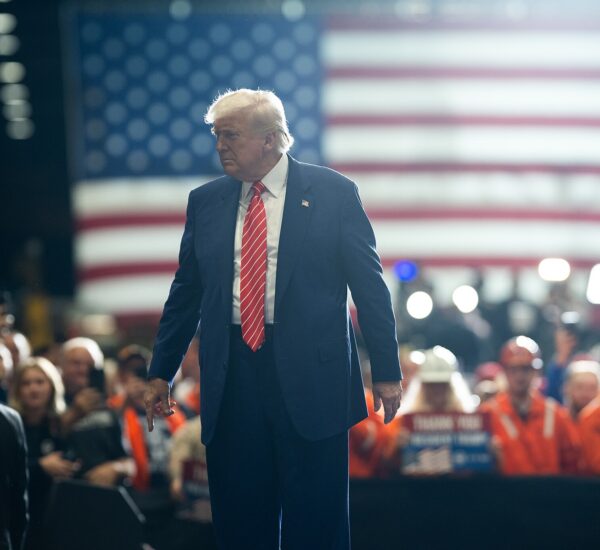Biden Insults Entire Nation With This Lie
President Biden has done a lot humiliating things since taking office, but now he has decided to insult and entire nation for particularly no reason.
Prime Minister James Marape of Papua New Guinea voiced his dismay on Monday over recent remarks made by President Biden, which suggested that his uncle had fallen victim to cannibals in the Oceanic nation during World War II.
Marape expressed his disappointment in a statement, emphasizing that Papua New Guinea was involuntarily drawn into the global conflict of the 1940s. He stressed that Biden’s comments not only painted his nation in an unfavorable light but also misrepresented the circumstances surrounding World War II’s impact on the country.
“While President Biden’s comments may have been unintentional, they unjustly depict my country in a negative light,” Marape stated. “World War II brought unimaginable suffering to our people, who were unwilling participants in a conflict not of their making.”
Highlighting the enduring consequences of the war, Marape underscored the presence of remnants scattered throughout Papua New Guinea, including the wreckage of aircraft, like the one carrying President Biden’s uncle. He called for concerted efforts to locate and honor the fallen servicemen, such as Ambrose Finnegan, whose sacrifices should be recognized and respected.
Moreover, Marape drew attention to the ongoing challenges faced by Papua New Guinea, including the lingering threat of unexploded ordnance and the haunting presence of human remains, remnants of a bygone era that continue to cast a shadow over the nation’s landscape.
President Biden’s remarks, made during a speech at the United Steelworkers headquarters, were met with criticism and sparked a debate over their accuracy. The White House defended Biden’s comments, attributing them to an “emotional moment” during his address.
Meanwhile, the timing of Biden’s remarks coincided with heightened geopolitical tensions, particularly between the United States and China. Papua New Guinea’s strategic significance has placed it in the spotlight as a potential ally in the region.
In light of these developments, Marape’s response underscores the importance of accurate representation and historical sensitivity in diplomatic discourse, particularly when addressing the complex legacies of past conflicts.





